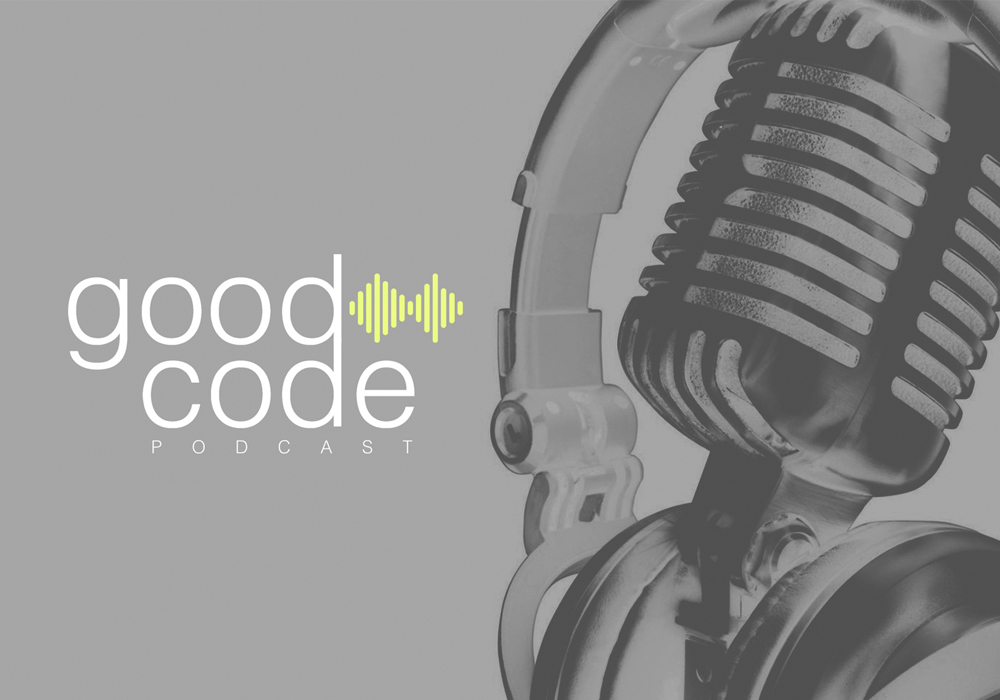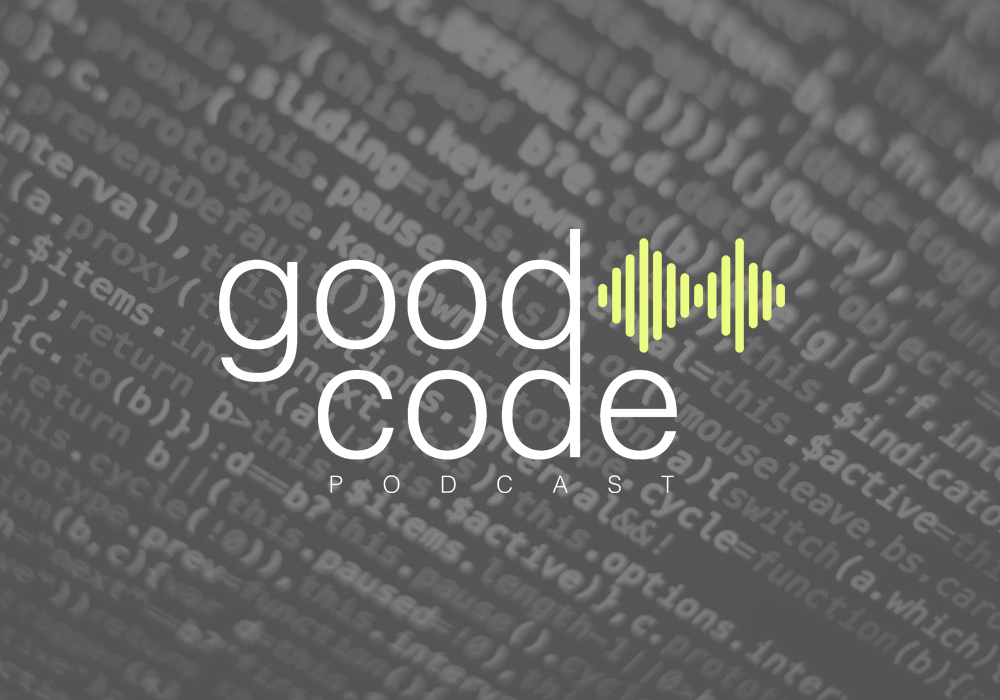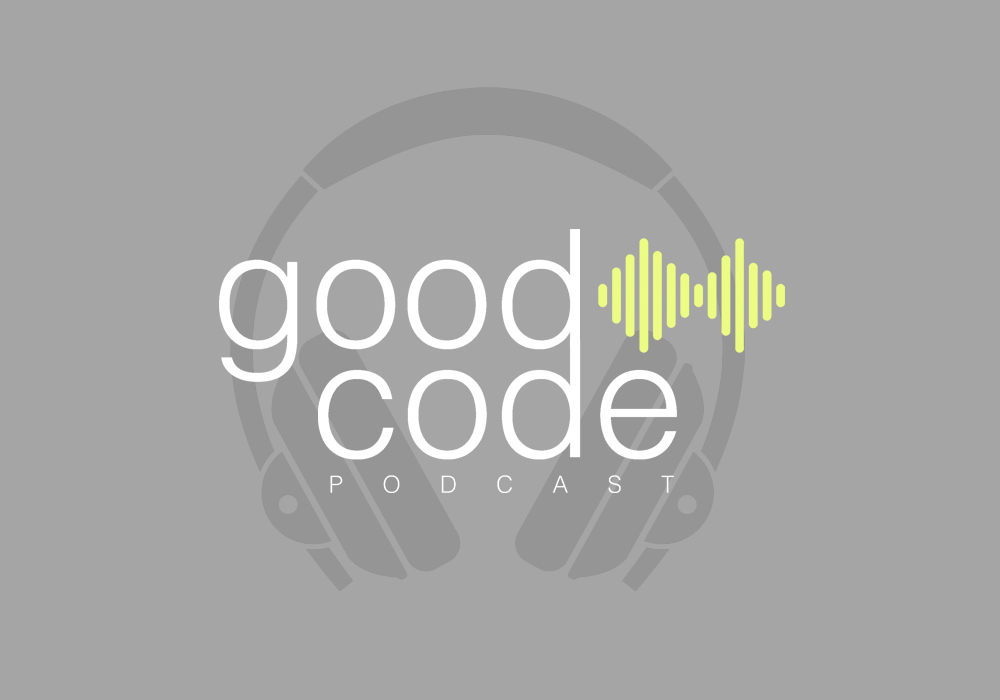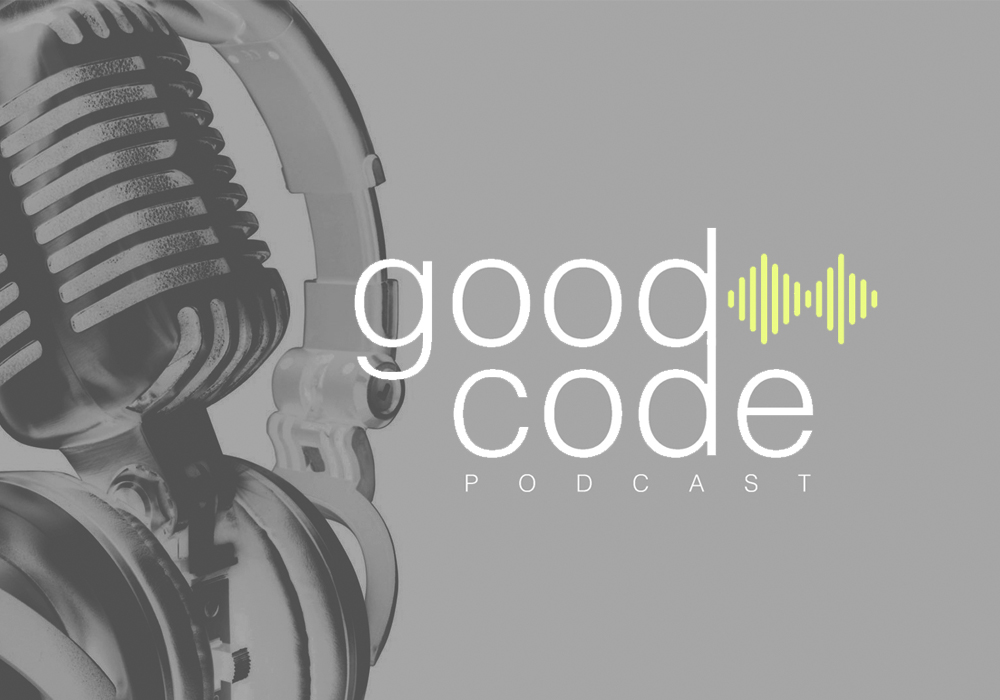Good Code Podcast Episode 15: Salam Shahin on Refugees and Technology
Categories

Good Code is a weekly podcast about ethics in our digital world. We look at ways in which our increasingly digital societies could go terribly wrong, and speak with those trying to prevent that. Each week, host Chine Labbé engages with a different expert on the ethical dilemmas raised by our ever-more pervasive digital technologies. Good Code is a dynamic collaboration between the Digital Life Initiative at Cornell Tech and journalist Chine Labbé.
Follow @goodcodepodcast on Twitter, Facebook, and Instagram.
On this episode:
More than 70 million people were displaced at the end of 2018. That’s the highest level in almost 70 years. How can digital technologies be used to help humanitarian workers on the ground, and to improve the lives of refugees?
Our guest Salam Shahin, a senior business analyst at UNHCR (the UN Refugee Agency), walks us through some of the most promising innovations that are being tested at the moment, and explains how they could transform the work at institutions like his.
Digital technologies and biometrics are already widespread in refugee registration and case management. With half of the world’s refugees under 18 years old, education is also a field where digital technologies are crucial. But what does artificial intelligence and blockchain have to offer?
You can listen to this episode on iTunes, Spotify, SoundCloud, Stitcher, Google Play, TuneIn, YouTube, and on all of your favorite podcast platforms.
We talked about:
- This episode is released on World Refugee Day. This international day was established by a UN General Assembly Resolution, and started in 2001, as a way to commemorate the 50th anniversary of the 1951 Refugee Convention. Find out more here.
- According to UNHCR’s latest figures, released yesterday, over 70 million people fled war, persecution and conflict in 2018. “This is the highest level that UNHCR, the UN Refugee Agency, has seen in its almost 70 years.” Read more here.
- Salam Shahin talks about some of the technological additions to refugee camps and settlements. One thing he mentions is the IKEA refugee shelters, developed with the IKEA Foundation. See them assembled in this time-lapse video. In 2017, they won the Beazley design of the year award.
- One low-tech innovation that proved very efficient in a refugee camp in Northern Uganda, Shahin says, is the use of speakers, attached to the back of motorcycles to communicate information across large settlements. It was modeled after a project called Boda Boda Talk Talk, by the nonprofit Internews, in South Sudan.
- Biometrics are now widely used to register refugees. In Jordan, as Shahin explains, UNHCR even uses iris-enabled ATMs to give cash assistance to refugees.
- In this episode, we talk a lot about digital identity. But more than one billion people do not have any legal proof of their identity. much less a digital identity, Shahin explains. Read about these “invisible” people here.
- By the end of 2019, UNHCR plans on having all refugee data in a central population registry. Read about it here.
- In this episode, we also talk about education. Only 61% of refugee children attend primary school, compared with a global average of about 90%. Read more on the UNHCR website. Last October, UNHCR partnered with Microsoft to support more connected education opportunities for refugees.
- Salam Shahin also mentions project Jetson, a machine learning experiment that tries to predict the movements of displaced people in Somalia. He explains that such predictions could be of great help on the ground, when humanitarian workers can be overwhelmed by the numbers. Read the origin story of the project on Medium.
- In this episode, we also talk about blockchain and ask if it can help refugees. Read this recent Forbes story on the topic.
Read More:
- In February, our friends at Data and Society released a report called “Digital Identity in the Migration and Refugee Context.”
- This MIT Technology Review article examines a refugee camp in Jordan that “runs on blockchain” as part of Building Blocks, a World Food Program project using blockchain to facilitate cash transfers.
- In 2016, the UN released a Virtual Reality film following a Syrian girl in a Jordanian refugee camp. It was called “Clouds over Sidra.” Read about it here.


